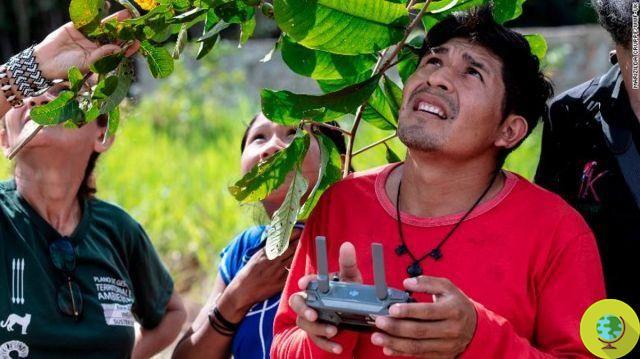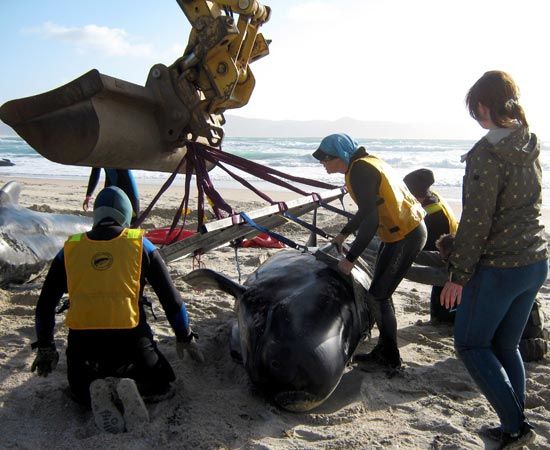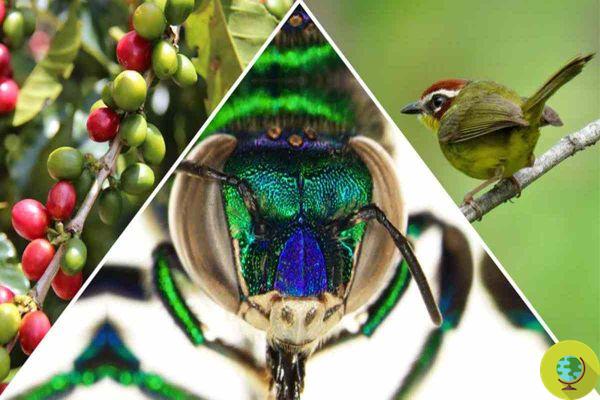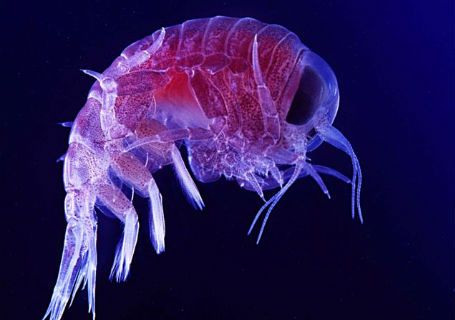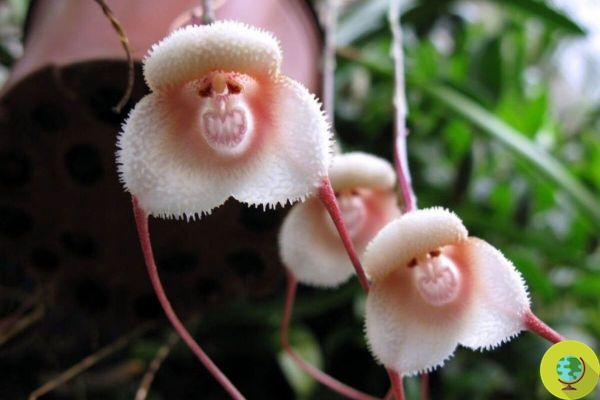Eared doves are able to recognize the presence of chemical pesticides on sorghum seeds, but this does not prevent them from becoming intoxicated - with often lethal consequences.
Unlike us, who also ingest foods exposed to pesticides (very often toxic) without realizing it, animals are able to distinguish “healthy” seeds and fruits from those contaminated with chemicals. This is what emerges from a study conducted by the Instituto de Investigación en Recursos Cinegéticos on some specimens of turtle dove (Zenaida auriculata), a very common bird in South America.
The researchers analyzed, in particular, the effects of repellence, anorexia and aversion caused by the presence of neonicotinoid substances (a class of neuroactive insecticides chemically similar to nicotine, used in agriculture since the 80s of the last century which would be among the main suspects for the death of bees): in fact, both the ingestion of seeds and the first fleshy leaves that sprouting from them represent a source of serious poisoning for birds. (Read also: Bee killer pesticides: 11 countries to authorize them again "by emergency" (and the UK has already done so)
For the study, three consecutive experimental observations were carried out on the behavior of birds in the presence of some of the most commonly used neonicotinoid substances in agriculture (imidacloprid, clothianidin and thiamethoxam). The purpose of the observations was to detect the possible presence of the following phenomena in the behavior of the birds:
- Primary repellency - or the immediate refusal of food, which is recognized as contaminated;
- Anorexia - or the lack of appetite that follows the intake of the toxin;
- Secondary repellency (also called conditioned aversion) - or the recognition and rejection of contaminated food after a first ingestion that had demonstrated its toxicity.
Read also: Thus Europe has postponed the Plan to halve the use of synthetic pesticides (with the excuse of the war in Ukraine)
The results leave no room for doubt: the presence of the three pesticides on sorghum seeds produced a reduction in the consumption of these in almost all cases (97%), due to primary or secondary repellency. Unfortunately, the advantages of secondary repellence and the interruption of the consumption of contaminated seeds were not sufficient to avoid the death of many birds (38% poisoned by imidacloprid and 13% by clothianidin).
In fact, although birds may develop an aversion to seeds treated with chemical pesticides after ingesting them for the first time, minimal amounts of poison are sufficient to cause anorexia, neurological disorders and death in birds.
Fortunately, however, the birds that ingested contaminated sorghum did not avoid consuming the seeds of this plant after exposure to pesticides - this means that the rejection of a certain type of seed does not generalize in the absence of the sensory signal associated with the presence. of the neonicotinoids.
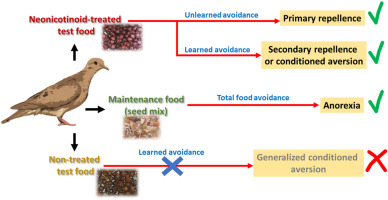
©Environmental Pollution
Follow your Telegram | Instagram | Facebook | TikTok | Youtube
Fonte: Environmental Pollution
We also recommend:
- Australian farmers try to save this very rare bird from extinction
- 12 do-it-yourself organic fertilizers and pesticides against garden pests











